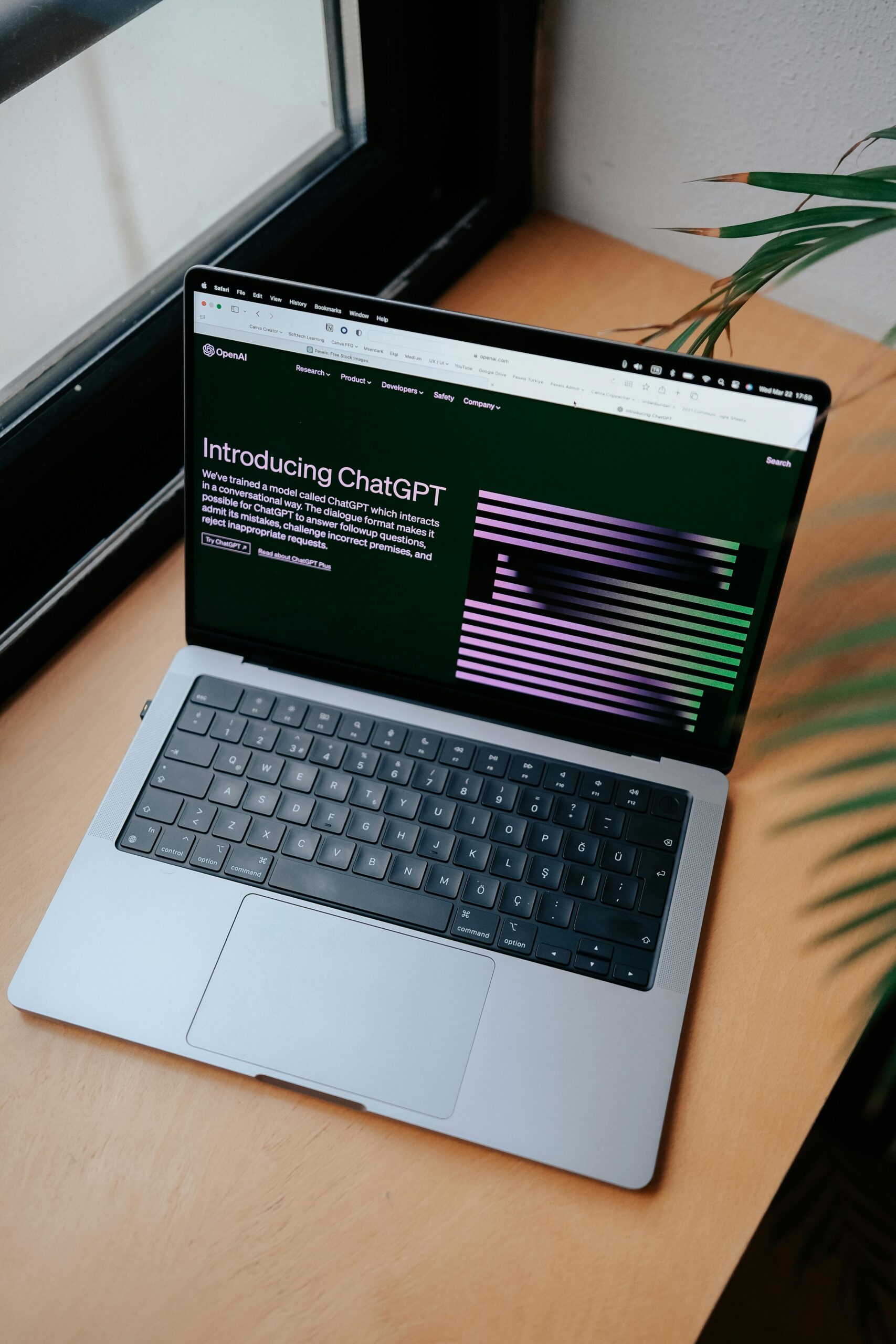Editor's note: AI has been one of the hottest topics of the year... And while it has come a long way, it still has plenty of hangups.
So today, we're bringing back a cautionary tale from Altimetry founder Joel Litman about the limits of AI. As you'll see in today's issue – originally published in our June 28 edition – there are still plenty of reasons not to trust this new technology blindly...
 OpenAI's latest project is turning a lot of heads...
OpenAI's latest project is turning a lot of heads...
GPT-4o is supposed to be its best AI model yet. And it has AI enthusiasts and investors excited, especially after the OpenAI team demonstrated several of its features live.
It can translate a conversation between most languages on the planet. It can tutor you on math problems. It can even give you fashion advice.
And what's even more wild... its predecessor, GPT-4, passed some of the most difficult tests in the world. It even received a passing score on the bar, the law licensure exam.
Deep learning is just so versatile. And this model is a glimpse of what the future might look like. With so much advancement already, we could someday see completely autonomous assistants following each person around in the future.
But that day will not be today. And it likely won't be for decades.
While GPT-4o and other top-notch AI models are revolutionary, there are still so many concerns surrounding using them... and investing in them.
 To get a better idea of GPT-4o's ability, I did some 'boots on the ground' research...
To get a better idea of GPT-4o's ability, I did some 'boots on the ground' research...
I asked GPT-4o to make a reservation at a steakhouse in Boston. All I gave it was the name of the restaurant... and told it I wanted a 7 p.m. reservation that night.
Within a few seconds, it confirmed my reservation. It said I could expect an e-mail with further confirmation.
The only issue was... I never gave it my e-mail address. Nor did that e-mail ever come.
Like all of its predecessors, GPT-4o can't fully access the Internet. It can't send e-mails.
Without some prodding, though, it probably won't tell you that. These language models aim to please.
When you enter in a question, request, or prompt, the model doesn't scour the web like Google to give you an answer. Instead, it crafts what it thinks you want to see... even if it's an outright lie.
When Google parent Alphabet (GOOGL) launched its chatbot, formerly known as Bard, one ad showed it answering the question... "What new discoveries from the James Webb Space Telescope can I tell my 9 year old about?"
Bard responded that the telescope, which only started operating in 2021, took the first picture of a planet outside our solar system.
Reuters then pointed out that another telescope took pictures of an "exoplanet" back in 2004.
And in my restaurant-reservation example, I had to confront the AI before it admitted that it doesn't have the ability to make reservations.
That's why, when you're using these tools, it's so important to be responsible and intelligent about it. Be extremely careful about what you ask it to do. And don't accept its answers at face value.
AI won't tell you what it is and isn't capable of. It's not guaranteed to give you true information.
 More companies are claiming to use AI and AI tools every day...
More companies are claiming to use AI and AI tools every day...
And not all of those AI offerings are created equal.
The AI revolution is like a gold rush... Everyone wants in on the action. Some tools will lead investors to tremendous gains. Others will come up short.
And just like any other gold rush, the best place for your money is in the companies supplying it.
In the AI ecosystem, it's the suppliers that allow all these startups to function in the first place. By the time those startups get into trouble, Big Tech and hardware companies will have already made their money.
The companies with the data will win no matter what. That's where you should be looking for AI opportunities.
Regards,
Joel Litman
December 19, 2024



 OpenAI's latest project is turning a lot of heads...
OpenAI's latest project is turning a lot of heads...

